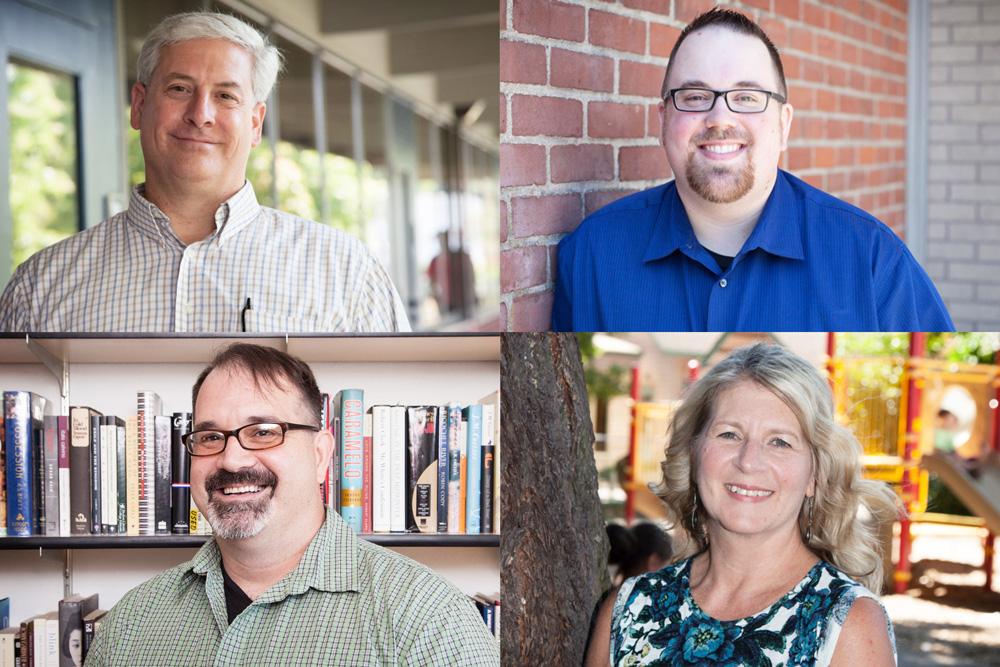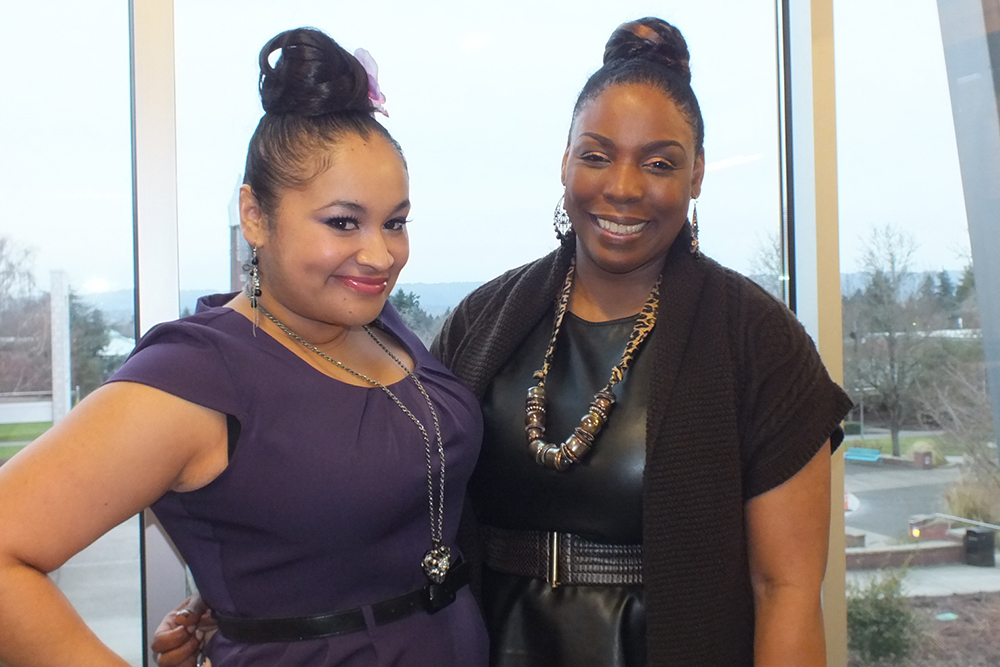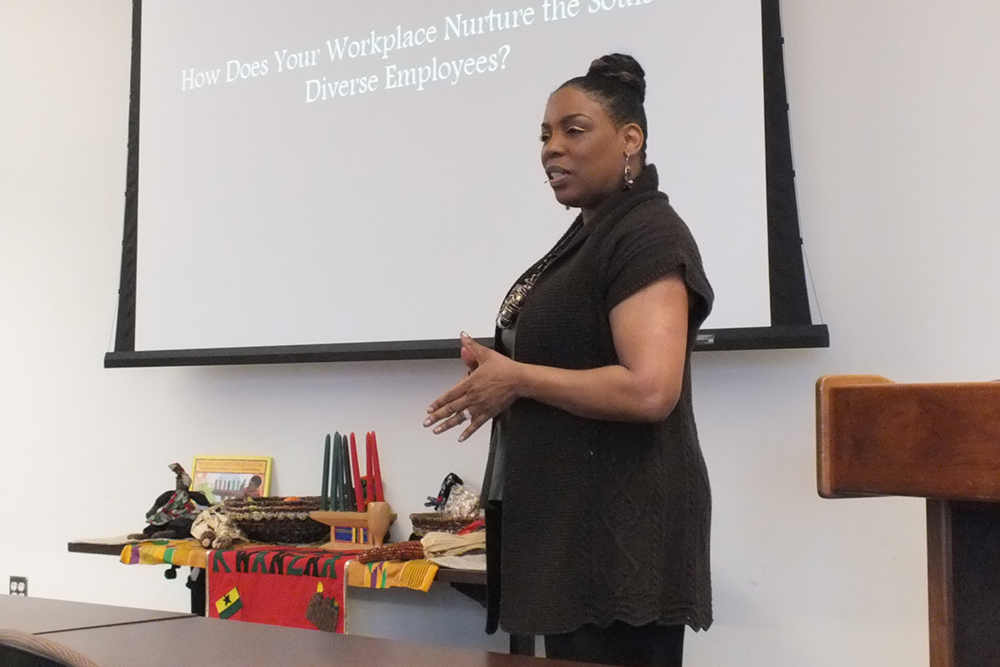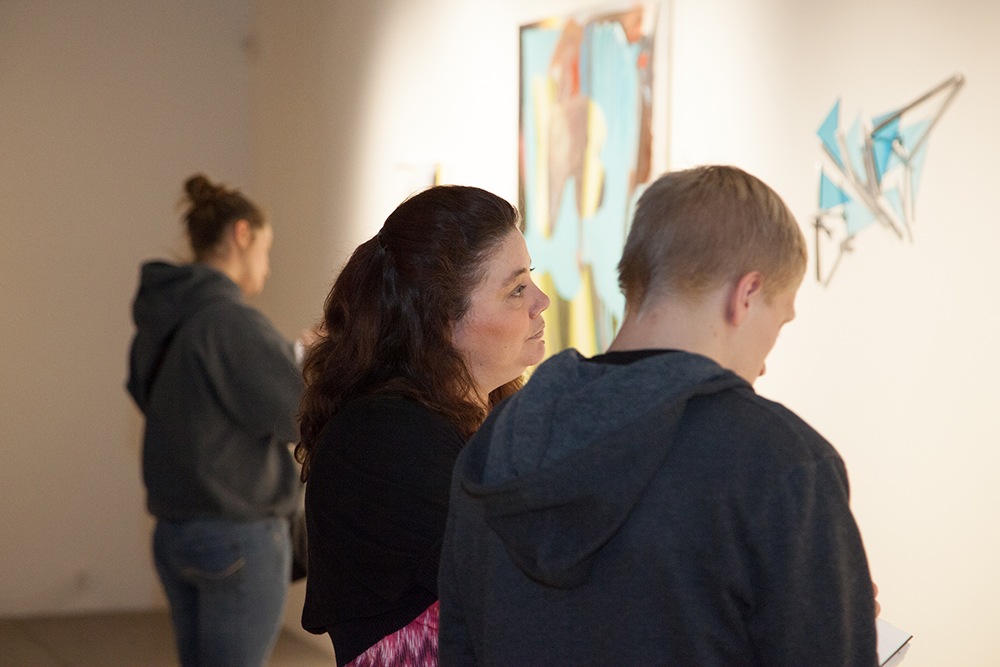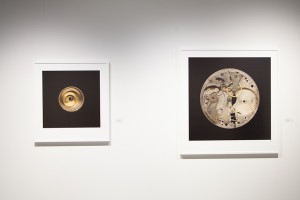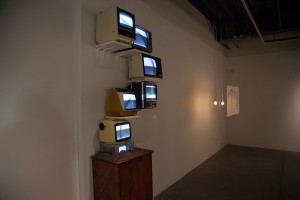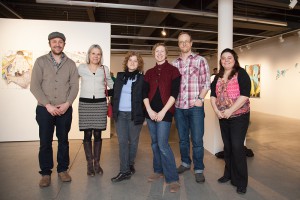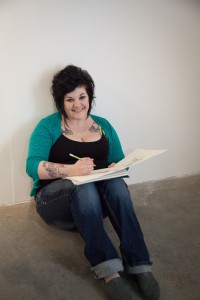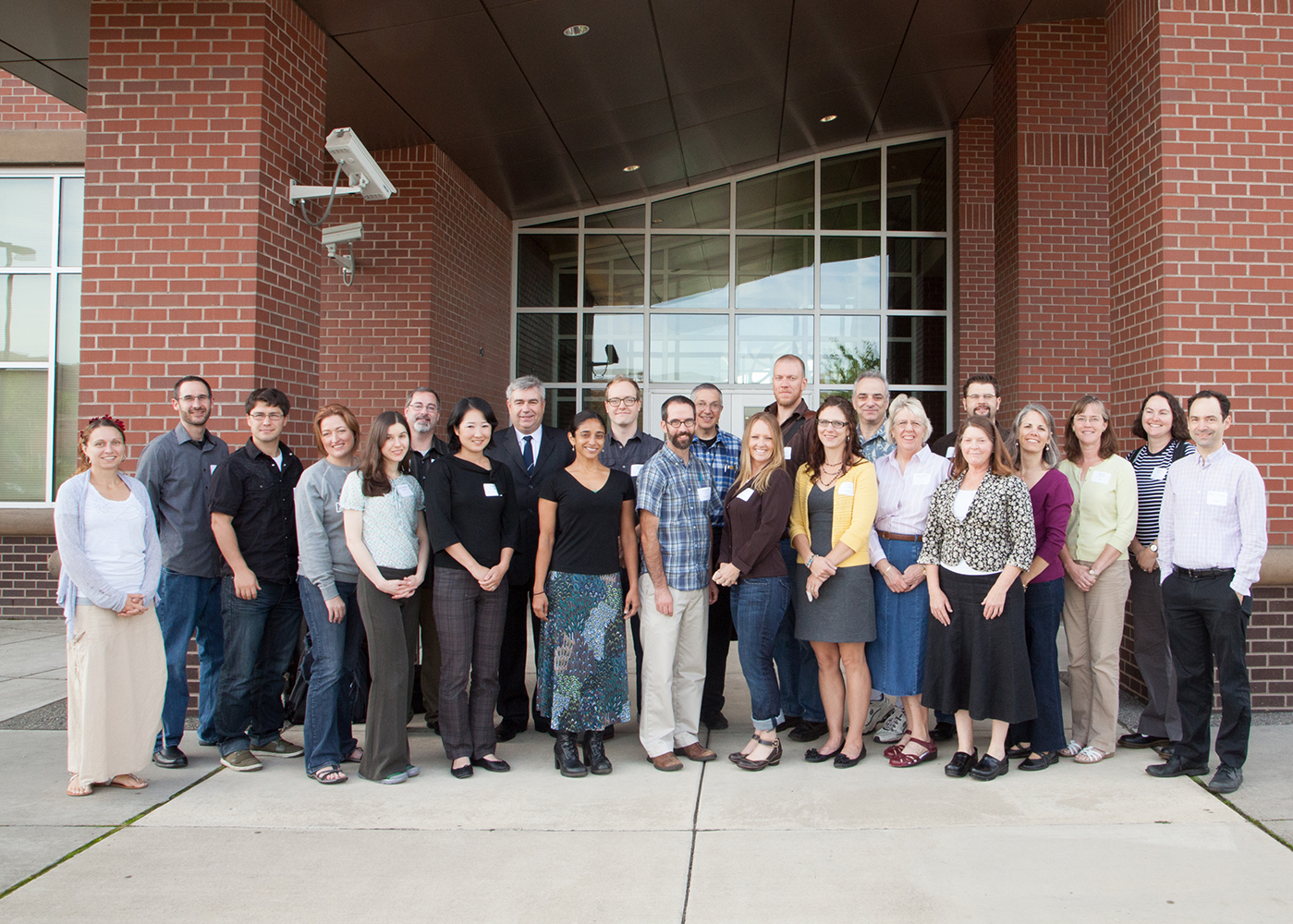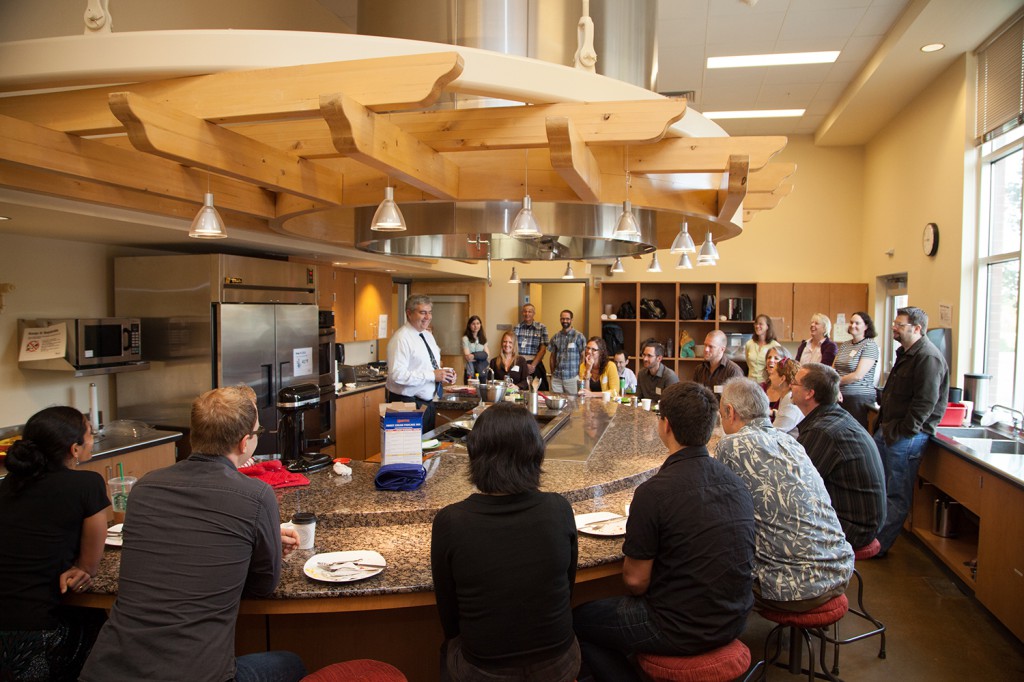
Vice President of Instruction Dr. Tim Cook, far left, congratulated newly tenured faculty Dr. Gene Biby, Dr. Amanda Crochet, Suzanne Southerland, Adam Coleman, Erin Staples, Elizabeth Donley, Katie Donovan, Valerie Cline, and Dr. Robert Schubert at the 2014 Tenure Reception. Not pictured: Lisa Aepfelbacher and Steven Clark.
Ten outstanding educators are the newest members of the tenured faculty at Clark College. Lisa Aepfelbacher (nursing), Gene Biby (theatre), Steven Clark (biology), Adam Coleman (computer technology), Amanda Crochet (chemistry), Elizabeth Donley (English), Kathryn Donovan (nursing), Robert Schubert (anthropology), Suzanne Southerland (communication studies), and Erin Staples (health/physical education) were all honored at a reception on April 28 in Clark’s Gaiser Student Center. Nursing professor Valerie Cline, who received tenure in June 2013, was also honored at the reception.
Tenure is awarded by the college’s Board of Trustees based on professional excellence and outstanding abilities in their disciplines. The granting of tenure is based on the recommendations of tenure review committees to the vice president of instruction, which are then forwarded to the president, who presents a final recommendation to the Board of Trustees. Recommendations are based on self-evaluations, tenure review committee evaluations, student evaluations, supervisory evaluations, and peer evaluations. The final decision to award or withhold tenure rests with the Board of Trustees.
“Our tenured faculty members have a very special role at our college,” said Clark College President Robert K. Knight. “They are passionately committed to excellence and student success. They have made a career commitment to our college and our community.”
Dr. Tim Cook, Vice President of Instruction, said “Earning tenure is a professional milestone. I’m proud to congratulate these talented professionals for their accomplishments, their focus on student success, and their dedication to teaching and learning.”
The professors receiving tenure are:
 Lisa Aepfelbacher, Nursing
Lisa Aepfelbacher, Nursing
Lisa Aepfelbacher earned her bachelor’s degree in both Nursing and Rehabilitation Counseling from Boston University, and her master’s degree in Nursing through the Adult Nurse Practitioner Program at Case Western Reserve University in Cleveland, Ohio. She has previous work experience at Linfield College, Quincy College, Massachusetts Bay Community College, Advanced Practice Rotations, Meridia Hillcrest Hospital, Touro Infirmary, Brigham and Women’s Hospital, and Beth Israel Hospital.
Aepfelbacher serves on the college’s Shared Governance Oversight Committee, the senate of the college’s faculty union, and the nursing department’s Readmission Committee.
Aepfelbacher said, “I believe in the potential of each of student and want them to actively participate in the learning. I am also learning with them and enjoy sharing my expertise.”
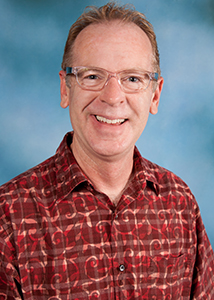 Gene Biby, Drama
Gene Biby, Drama
Gene Biby earned his bachelor’s degree in Theatre Arts and his master’s degree in Speech Education from Murray State University. He received his Ph.D. in Theatre History/Speech Education from Southern Illinois University. He has previous work experience at the University of Wisconsin, City of Murphysboro, John A. Logan College, Southern Illinois University, Murray State University, and Vincennes University.
As the Program Director of the Clark College Drama Department, Biby oversees play selection and production for each academic quarter. He also works with the wider theatrical community to find and develop new ways to strengthen the college’s drama program and maintain its visibility. He is currently working to build a summer program at the college.
“My highest priority is offering academic and intellectual challenges to our students, but providing theatre engagement opportunities to the college and community is also important,” said Biby. “I strongly believe that theatre education should combine practice and scholarship. This philosophy not only champions the liberal arts ideal, but also prepares prospective theatre artists for material they are likely to encounter in future careers.”
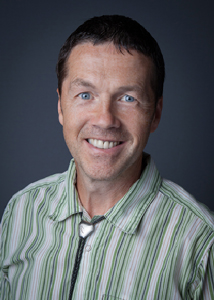 Steven Clark, Biology
Steven Clark, Biology
Steven Clark earned his bachelor’s degree in Psychology/Religion from Linfield College. He also earned a Master of Special Education at Lewis & Clark College and a Master of Science in Environmental Sciences and Resources at Portland State University. He has previous work experience at the Washington School for the Deaf, Washington Department of Fish and Wildlife, and Clark College.
Clark has served on the senate of Clark’s faculty union and is about to begin his tenure on the college’s Student Retention Committee. Additionally, he is an active volunteer in his community: providing dog-training workshops at a local animal shelter, leading nature tours for the Columbia Land Trust, and providing research for organizations that include Washington Rare Plant Care, the Xerces Society, and the Native Plant Society. Every summer he takes Clark students with him to the Columbia River Gorge to study that area’s pika. Additionally, he volunteers at his granddaughter’s elementary school and serves as a lay minister at his church.
Clark said, “I design my classes to be places where students read and study—that’s the hard part. I also design my classes so that the class sessions are rich with interaction. The interaction helps students build friendships and it increases the in-class accountability of attending to what is being presented.”
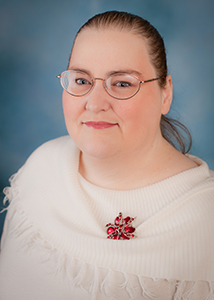 Valerie Cline, Nursing
Valerie Cline, Nursing
Valerie Cline earned her associate degree in nursing in 1999 from Clark College, her bachelor’s degree in nursing in 2003 from WSUV, and her master’s degree in nursing in 2009 from Walden University. She has previous work experience at Peace Health Southwest, Providence St. Vincent, the Hopi Indian Reservation Hospital in Arizona, Linfield College, and Clark College.
At Clark, Cline serves on the Nursing Scholarship, Nursing Curriculum, and the ACEN Accreditation Standard 3 committees, and is the co-advisor for the Student Nurse Association of Clark College. She is a member of the national League for Nursing and the Association for Women’s Health, Obstetric, and Neonatal Nursing. She continues to practice nursing part-time with a pediatric home health agency and regularly attends conferences and workshops to improve her teaching.
Cline said, “I believe in students taking an active role in the learning process, with the instructor serving as the facilitator who helps students bring all of the pieces together and link theory to practice.”
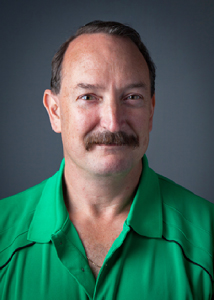 Adam Coleman, Computer Technology
Adam Coleman, Computer Technology
Adam Coleman earned his associate degree with a double major in Data Networking and Computer Networking at Clark College and his bachelor’s degree in Computer Technology at Eastern Washington University. He has previous work experience at SEH-America and Clark College.
Coleman serves on the college’s Network Advisory Committee and volunteers as a mentor with the college’s First Year Experience program. Additionally, he continues to help develop partnerships between the college and both the Clark County Skills Center and the local nonprofit EmpowerUp. He has been central in developing and implementing new courses designed to help students earn their Microsoft Technology Associate certification. An avid bike rider, Coleman will be representing the college in the American Diabetes Association’s annual Tour de Cure for the fifth year in a row this July.
Coleman said, “A teacher’s role is to guide and providing access to information rather than acting as the primary source of information. I feel there is a need for considerate, strong, and dedicated individuals who are excited about working with students.”
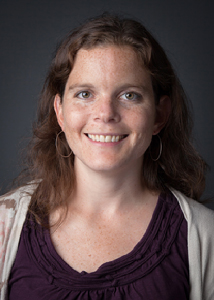 Amanda Crochet, Chemistry
Amanda Crochet, Chemistry
Amanda Crochet earned her bachelor’s degree in Biochemistry from Tulane University and her Ph.D. at the University of California, Berkeley. She has previous work experience at the University of California, California State University, Portland Community College and Clark College. She also has research experience with Chemica Technologies Inc., University of California and Tulane University.
Crochet manages the college’s general chemistry open lab. She also volunteers at the Elementary Science Olympiad, which bring local elementary students to the college’s main campus for a day of science competitions, as well as at Community Resources for Science and the Oregon Museum of Science and Industry. Currently Crochet is working to make Clark part of a new partnership with Portland State University that would create opportunities for scientific research for students at colleges without research programs of their own.
“I work to make my classroom a supportive, engaging and active environment for students to learn chemistry,” said Crochet. “My goal is to provide students with more than just content knowledge. I hope the skills they learn in my classroom translate to success in future classes and in their intended careers.”
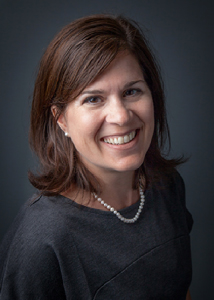 Elizabeth Donley, English
Elizabeth Donley, English
Elizabeth Donley earned a Bachelor of Arts degree in political science with a minor in Italian at DePaul University and a Master of Arts in English and a Master of Fine Arts in Creative Writing at Chapman University. She has previous work experience at San Miguel School, Chapman University, The Art Institute of Los Angeles, Warner Pacific College, Clackamas Community College, United Sports Academy, Langmuir Atmospheric Research Laboratory, McCormick Tribune Foundation, and Clark College.
Donley serves on the college’s eLearning Committee and the English Department’s Professional Writing and Distance Learning committees. She is also faculty co-advisor for Phoenix, the college’s award-winning arts and literary journal. She has presented at many college events, including International Week, faculty orientation, Techtoberfest, and TechBytes.
“My teaching philosophy starts with inspiration,” said Donley. “I want to inspire my students to want to learn. I do this through meticulous course preparation, energetic teaching, and dedication to my students. I’m always available for extra help, and my classroom is an open, supportive environment where students are exposed to new ideas, experiences, and works of literature.”
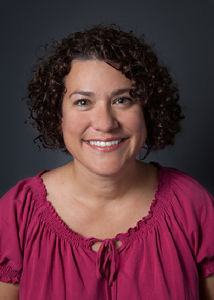 Kathryn Donovan, Nursing
Kathryn Donovan, Nursing
Kathryn Donovan earned her bachelor’s degree in nursing from Marquette University and her master’s degree in nursing from Washington State University Vancouver. She has previous work experience as an RN since 1992. She has eight years’ experience in adult critical care and two years in Neonatal ICU. Kathryn has worked in numerous states as full-time staff and as a travel nurse. She worked at Kaiser Northwest for nine years, which included Urology and Chronic Pain Management Clinics.
Donovan serves on the college’s Library, ACEN Standard IV, Student Handbook, Curriculum, and Health Experience Advising committees. She is the lead faculty member for the first quarter of the college’s highly competitive Nursing program. Outside of the college, she volunteers with East Park Church, Compassion Vancouver, and “whatever sport/activity my children are involved in at any given time.”
Donovan said, “I believe that educators should use as many tools as they can to try to reach learners where they are in their learning process and in the ways that they are able to best learn. There is no ‘one size fits all’ method. I think it is important for the student to not only connect with the material to be learned but also to connect with their peers and instructors. A student who is engaged and feels that they are valued and belong is more likely to tough it out through the challenges that are inherent in nursing school.”
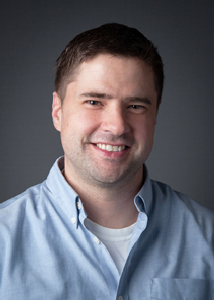 Robert Schubert, Anthropology
Robert Schubert, Anthropology
Robert Schubert received his bachelor’s degree from the University of Illinois with a double-major in Spanish and Anthropology. He completed his master’s and doctorate degrees at Ohio State University. His academic research has taken him to study primate behavior and biology in Central America, Japan, and West Africa. He has previous work experience at Ohio State University and Columbus State Community College.
In addition to his responsibilities as chair of the Anthropology Department, Schubert serves on the college’s Retention Committee and has volunteered as a First Year Experience mentor to incoming students. He was the guest lecturer at the winter 2013 installment of Clark’s respected Faculty Speaker Series. He developed and now teaches a new anthropology course, Primatology. Outside the college, he volunteers at the Oregon Zoo and with Partners in Careers.
“College can be intimidating, but I find that when students engage with material, the academic stress becomes much more manageable,” said Schubert. “To that end, I try to bring the energy and the excitement that got me engaged when I was a student with me to every class I teach. Whether through pictures, videos, bone replicas, kinesthetic activities or just by myself physically acting things out (I’m becoming well known for my monkey calls), I try to provide information in as many forms as possible.”
 Suzanne Southerland, Communication Studies
Suzanne Southerland, Communication Studies
Suzanne Southerland earned her bachelor’s degree in journalism in 1999 from the University of Portland and worked for various newspapers including the Portland Alliance, the Oregon City News, the Clackamas Review and The Columbian. She then moved on to earn her master’s degree in Communication Studies in 2002 from Portland State University. She has taught communication at Portland State University, Marylhurst University, Portland Community College, Portland State University, Lower Columbia College and Clark College.
Southerland started teaching at Clark College in 2002 and has served on the Retention Committee, the Faculty Excellence Award Committee, and the Teaching and Learning Center Committee. She has facilitated several workshops on collaborative learning and service learning and served as program director for the Service and Leadership in the Community program for four years. She also led the Clark College Model United Nations team to New York City, Boston and Washington, DC.
“I believe that higher education enhances the community’s quality of life and combats racism, stereotyping and discrimination,” Southerland said. “The study of communication in particular can result in more nurturing relationships, a higher level of professionalism in the workplace and a better understanding of cultural differences.”
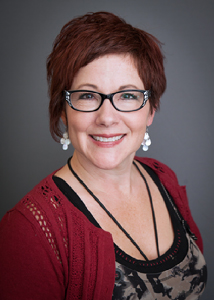 Erin Staples, Health/Physical Education
Erin Staples, Health/Physical Education
Erin Staples earned her bachelor’s degree from the University of North Texas and her Master of Public Health degree in Health Education/Health Promotion from Portland State University. She has prior work experience at Harvey Hotel, Allied Electronics, Bell Microproducts, Oregon Office on Disability and Health, Kaiser Permanente, and Clark College.
Staples teaches courses that include Women’s Health, Health for Adult Living, Weight and Your Health, and Happiness and Your Health. She is an active member of her department, managing its class schedule, assisting in outcomes assessment, and attending leadership meetings. She helped develop a new Learning Community (two linked classes with shared curriculum) called “Biggest Winner” with another HPE professor.
“Improving students’ health behaviors and developing critical thinking skills are two key goals of my classes,” Staples said. “I strongly encourage them to develop habits to better their health, starting with where they are now. Giving my students permission to take baby steps towards a health goal they set for themselves empowers them. It allows them ownership; they see it as an exciting challenge, rather than simply as an assignment.”
Photos: Clark College/Jenny Shadley
